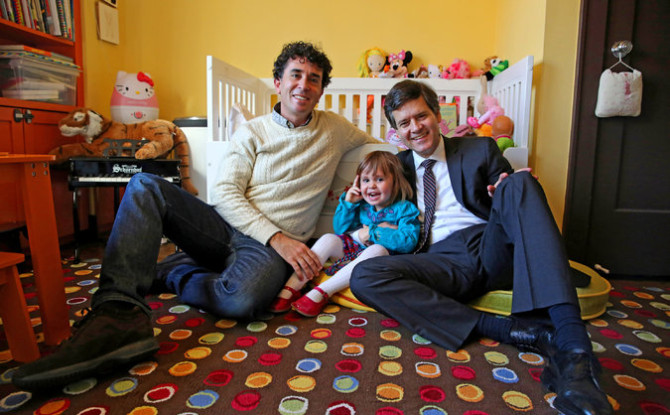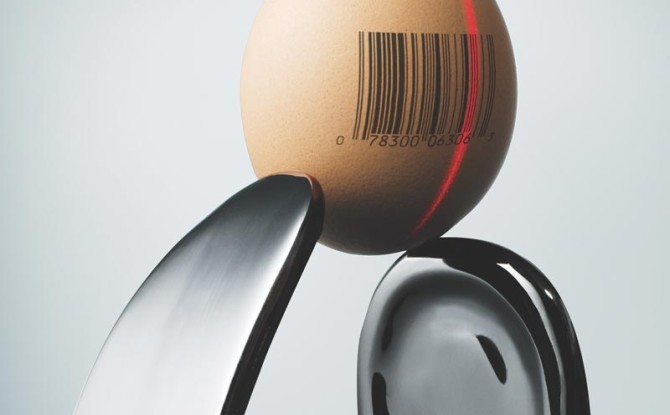Surrogate Attorney Reports American Surrogate Death: Not the First
As a surrogate attorney, it is disturbing that it has been reported and repeated that Brooke was the first American surrogate to die of pregnancy complications though there have been such fatalities in India and elsewhere. Sharon LaMothe, a surrogacy consultant in Florida, assures me this is not so, however. LaMothe, who I spoke with via telephone and who has twice been a surrogate herself, was insistent that Brooke was not the first American surrogate to die of pregnancy related complications. She “guaranteed” me that Brooke was not the first. There have been a “few” in the past fifteen years that she knows of that likely went unreported because they all occurred earlier in the pregnancy and because they occurred prior to the proliferation of social media.
“Give me children, or else I die. Am I in God’s stead, who hath withheld from thee the fruit of the womb? Behold my maid Bilhah. She shall bear fruit upon my knees, that I may also have children by her.” Handmaid’s Tale, Margaret Atwood
In Atwood’s novel, which takes place “after the catastrophe, when they shot the president and machine-gunned the Congress and blamed it on the Islamic fanatics,” becoming pregnant is the one thing the Handmaids can do to rescue themselves from death. Not so for today’s surrogates.
“Brooke Lee Brown, 34, of Burley, [Idaho] passed away Thursday, Oct. 8, 2015, at St. Luke’s Regional Medical Center in Boise, due to complications during pregnancy.”
On Oct 8, just days before her 35th birthday, Brooke reportedly died either of placental abruption – the result of the placenta separating from the inner wall of the uterus before delivery – or amniotic fluid embolisms. Both are rare pregnancy complications that can occur suddenly in the last trimester and, left untreated, put both mother and baby in jeopardy. The twins she was about to deliver any day via a scheduled cesarean section reportedly lived for a short time on life support before losing their lives as well.
The twins’ demise is not mentioned in her obituary, however, nor is there any mention that Brooke died while serving as a paid surrogate for by a couple from Spain, one of many countries in which surrogacy is illegal. Tess Shawler, of Rocky Hill Mountain Surrogacy in Idaho, who may have arranged Brooke’s surrogacies, has found American surrogates for people from Australia, Canada, Spain, England, and Germany.
Brooke’s funeral is taking place as I write this. A GoFundMe page, set up to raise funds for Brooke’s memorial service, says that she was a surrogate for five babies though it is unclear if that includes the two who reportedly died along with her and how may were multiple births.
Click here to read the entire article.
Huffingtonpost.com, October 19, 2015 – by Mirah Roben




